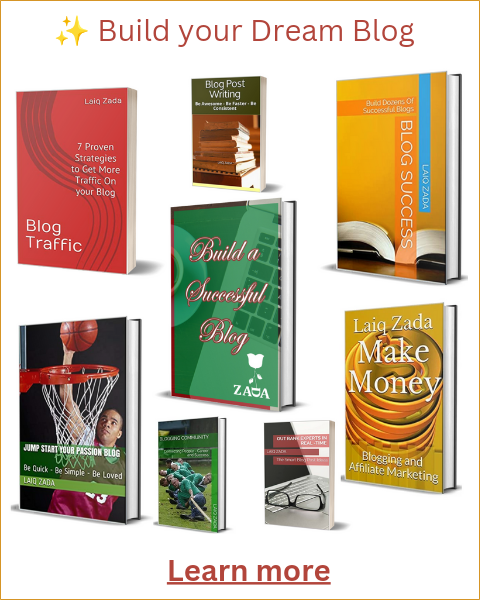Introduction
When it comes to creating an engaging and compelling about page for your website, storytelling is key. Your about page is an opportunity to connect with your audience on a deeper level, to share your brand’s story, and to build trust and credibility. In this blog post, we will discuss some tips and strategies to help you write a better story for your about page.
1. Know Your Audience
Before you start writing your about page, it’s important to have a clear understanding of who your target audience is. What are their interests, values, and pain points? By knowing your audience, you can tailor your story to resonate with them and create a stronger connection.
For example, if you’re a fitness coach targeting busy professionals, you might want to highlight how you understand the challenges of balancing work and health, and how your own journey led you to develop effective strategies for staying fit in a demanding schedule.
2. Start with a Compelling Hook
Just like with any great story, you need to grab your reader’s attention right from the start. Begin your about page with a compelling hook that makes people want to keep reading. This could be a thought-provoking question, a surprising fact, or a bold statement that piques curiosity.
For example, if you’re a travel blogger, you could start your about page with something like:
“Have you ever dreamed of quitting your job, packing a suitcase, and exploring the world? Well, that’s exactly what I did.”
This immediately sets the tone and captures the reader’s interest, making them want to learn more about your journey.
3. Be Authentic and Genuine
When writing your about page, it’s important to be authentic and genuine. People connect with stories that feel real and relatable. Share your personal experiences, challenges, and successes in a way that is honest and transparent.
Avoid using generic or cliché language that could make your story seem insincere. Instead, focus on conveying your unique voice and personality. Let your passion and enthusiasm shine through your words.
4. Show Empathy and Understanding
Your about page is not just about you; it’s also about your audience. Show empathy and understanding by addressing the pain points and challenges that your target audience may be facing.
For example, if you’re a business coach targeting small business owners, you could acknowledge the struggles they face in growing their businesses and highlight how your expertise and experience can help them overcome these challenges.
By showing empathy and understanding, you create a sense of trust and establish yourself as someone who can relate to your audience’s needs.
5. Use Visuals to Enhance Your Story
Visuals can be a powerful tool to enhance your story and make it more engaging. Include relevant photos, videos, or infographics that help illustrate your journey and bring your story to life.
For example, if you’re a fashion designer, you could include high-quality images of your designs and the inspiration behind them. If you’re a chef, you could include mouth-watering photos of your creations.
Remember to use alt text for your images to improve accessibility and optimize them for search engines.
6. Keep It Concise and Easy to Read
While it’s important to share your story in detail, it’s also crucial to keep your about page concise and easy to read. Avoid overwhelming your readers with long paragraphs or excessive information.
Break up your content into shorter paragraphs, use bullet points or numbered lists to highlight key points, and use subheadings to structure your content. This makes it easier for readers to scan and digest the information.
7. Include Social Proof
Social proof is a powerful way to build credibility and trust. Include testimonials, reviews, or case studies from satisfied clients or customers to reinforce the value and effectiveness of your products or services.
For example, if you’re a freelance writer, you could include testimonials from clients who have been impressed with your work and the results you’ve delivered.
Make sure to use real names and photos whenever possible to make the social proof more authentic and trustworthy.
Conclusion
Your about page is an opportunity to tell your brand’s story and connect with your audience on a deeper level. By knowing your audience, starting with a compelling hook, being authentic and genuine, showing empathy and understanding, using visuals, keeping it concise and easy to read, and including social proof, you can write a better story for your about page that engages and resonates with your audience.
Remember, your about page is not set in stone. As your brand evolves and grows, don’t be afraid to update and refine your story to reflect your current values, mission, and achievements.



